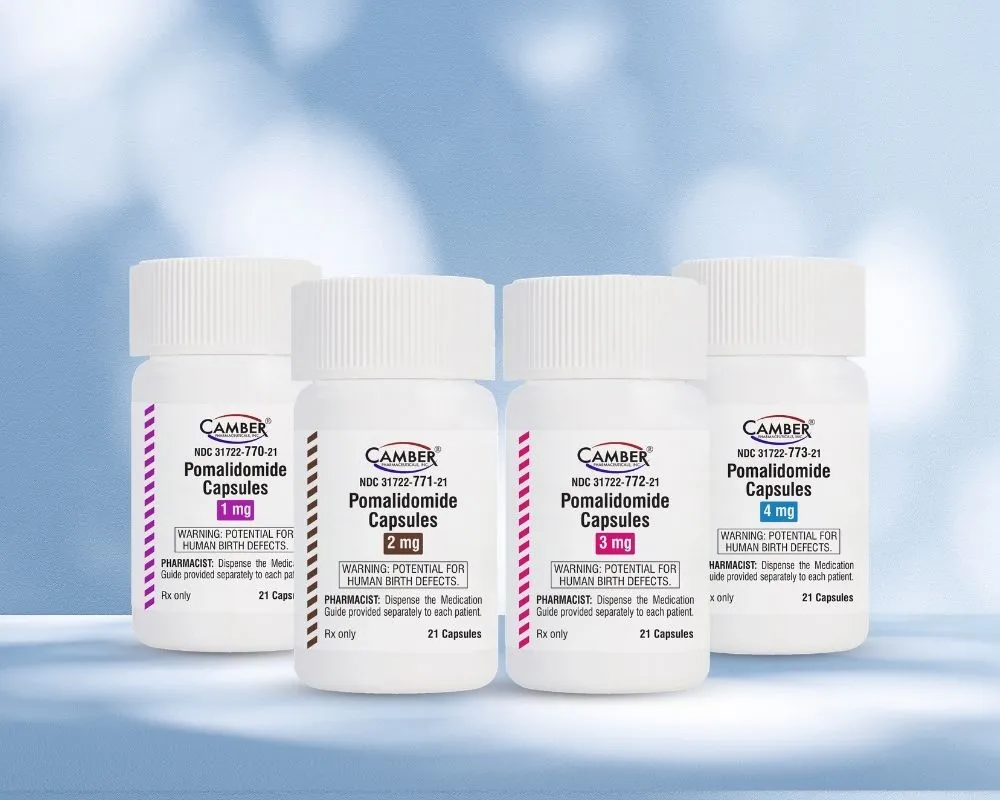Pharmacies — large and small — might lack leverage in contractual negotiations with pharmacy benefit managers, but the actual leverage pharmacies have is to expose systematic inequities and their effect on every other stakeholder. When pharmacies make that case to the masses, progress can be made in balancing the one-sided business relationship existing between giant PBMs and community pharmacies.
Federal legislation was recently introduced that would bring some balance to this relationship. Senate bill 867 would begin to address abusive pharmacy audits and PBMs that often reimburse pharmacies below cost for generic drugs by manipulating maximum allowable costs (MACs).
In 2011 the National Community Pharmacists Association (NCPA), which represents privately held community and regional chain pharmacies, launched more targeted advocacy support in states — the “laboratory for democracy” as Supreme Court Justice Louis Brandeis put it. We’ve dedicated more resources to supporting the work of pharmacies and pharmacy organizations at the local level, which have contributed to successful state PBM reform efforts.
As more state policy makers act to address these issues, it fuels our efforts in Washington, D.C. At the 2013 NCPA Annual Conference on Legislation and Government Affairs regional chains were advocates for introduction of S. 867, the Medicare Prescription Drug Program Integrity and Transparency Act, which was introduced by Sens. Mark Pryor (D., Ark.) and Jerry Moran (R., Kan.).
The bill would be a first step toward a balanced business relationship by addressing abusive pharmacy audits and requiring a limited amount of MAC transparency.
Most pharmacy owners and operators recognize that audits are like a trip to the dentist — necessary but not necessarily enjoyable — because they play a role in rooting out the rare instances of pharmacy fraud, waste and abuse. The expectation of Medicare and sponsors is that inappropriately spent dollars will be identified and returned to the government.
However, in some cases “bounty hunter” auditors have an incentive through rewards from the dollars they recoup to disproportionately target expensive drugs and focus on typographical and other trivial errors that allow PBMs to recapture significant payments from pharmacies. Those funds, in turn, are not always passed through to Medicare, but instead are often pocketed by the PBMs.
To date, 24 states have passed reform legislation featuring a range of provisions to bolster the integrity of the audit process, including forbidding recoupments over minor, typographical errors; prohibiting the practice of extrapolation; requiring pharmacist input on clinical questions; instituting a written appeals process for disputed claims; and directing legitimate recoupments to plan sponsors. Each of these measures is contained in S. 867.
Even the Centers for Medicare & Medicaid Services (CMS) previously expressed concern about these issues. In fact, the 2014 CMS Call Letter raised objections about the wrong-headed turn pharmacy audits have taken, and called on plan sponsors changes.
Second, S. 867 would begin to address the imbalances in the MAC reimbursement system. Most people outside of pharmacy are shocked to learn that retail pharmacy contracts with PBMs do not disclose how much pharmacies will be reimbursed for dispensing most generic drugs, the methods for determining reimbursement rates, or how often MAC pricing will be updated.
S. 867 builds on some of the provisions from recent legislation enacted in Arkansas, Kentucky and North Dakota as a template for tackling this maddening issue. The bill increases transparency for generic prescription rates by requiring disclosure of the methodology at the time the pharmacy contract is offered, providing updates at least once every seven days and setting an aggregate average reimbursement rate for generics. Each individual pharmacy provider would receive this information from the PBM for its own pharmacy contract, not that of other pharmacies, in order to prevent any collusion.
The final features of S. 867 are better protection of patient privacy and increased choice of pharmacy provider. It achieves those goals by preventing PBMs from transmitting personally identifiable data to PBM-owned mail order pharmacies unless the patient has voluntarily elected to fill their prescription at such mail order pharmacy; and prohibiting the PBMs from requiring a beneficiary to use a retail or mail order pharmacy in which the PBM has an ownership interest. This provision would limit PBMs’ ability to grow their market share by sharing proprietary patient information with their mail order pharmacies, which places PBMs squarely in competition with their retail pharmacy business partners. This provision would limit this practice, enabling patients to have choice in where they fill their prescriptions.
The NCPA Legislative Action Center is actively working with concerned community pharmacies to support this legislation.
DOUGLAS HOEY, R.Ph., M.B.A., is the chief executive officer of the National Community Pharmacists Association.




